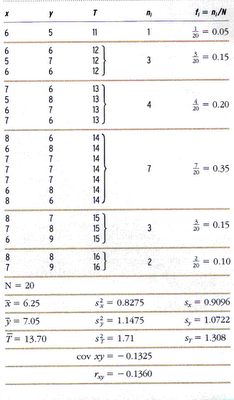There are plenty of reviews of the book including one by Newt Gingrich, he of the "Contract On America" fame, on Amazon.
It only struck me later that the book is about battles, not wars and it is a history. I have yet to read the section about the Tet Offensive in Vietnam. While the Viet Cong may have been defeated as a strategic move the Tet Offensive accomplished two things: it shocked the American public ("I thought we were winning") and it removed the Viet Cong as a potential home-grown adversary to the inevitable victory. This last is reminiscent of the Soviet Army halting their advance through Poland in July of 1945 to give the German army time to decimate the Polish partisans, effectively removing a source of opposition to their seizure of post-war power.
Battles are not wars. Guerrilla warfare is a different situation. I noted that there was no mention of Napoleon's Iberian campaign, arguably the first modern example of guerrilla warfare. Mathematical models in the 1960's predicted that guerrillas were more likely to lose because even though the probability of success in each engagement was large, the large number of actions reduced the probability of overall success was low. I've always been cautious about accepting mathematical models as predictors of human behavior. We're just too squirrelly.
Current events (Afghanistan, Somalia, your suggestion here) with an opposition where death/martyrdom is interpreted as success suggest that if nation states have progressed beyond confrontation warfare (Hello, Iran?) in favor of letting proxies do their fighting (Hezbollah for Iran and Syria), battles will be few and far between. What armies will be facing a continuing series of attacks. With more advanced technology (remote controlled bombs) I would expect the balance of a war of attrition to shift in the favor of insurgents.

























